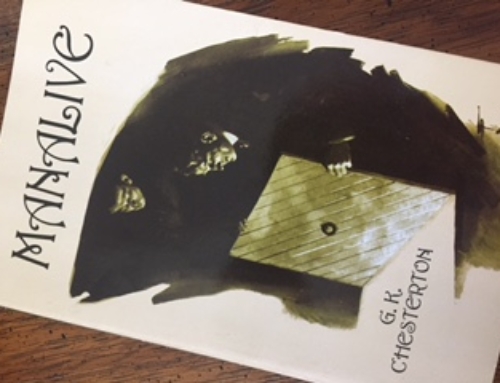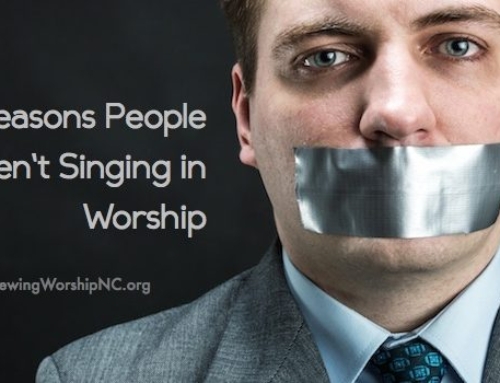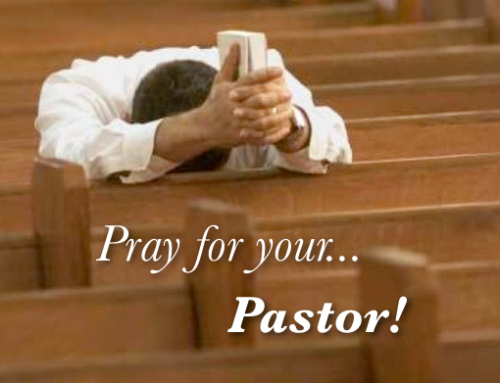Out of interest and in preparation for a course I am to teach at Knox Theological Seminary in the fall, I read Sean Lucas’ For a Continuing Church: The Roots of the Presbyterian Church in America. Although, as a Presbyterian Church in America (PCA) minister, I knew the basic contours of our history, I learned many details about it from Lucas’ book. I came into the Christian faith and the PCA at the same time in 1979, six years after it was formed. At that time, it seemed to me that it had always existed, and indeed, it had become strong and stable very quickly.
Early on, I picked up on three of four distinctives that Lucas identified as reasons for the birth of the new denomination: the infallibility and inerrancy of the Bible, the truth of the Reformed faith as expressed in the documents of the Westminster Assembly, and the urgency of revitalizing the United States (perceived as a once but slipping Christian nation) through evangelization and conservative political action. I was surprised to read that another formative factor was racial in nature, the idea that the races should maintain their essential “integrity” by not intermarrying. Charitably viewed, this idea was meant to be respectful of both races in view, black and white. However, the logical outworking was that the races should be kept separate in order to prevent tramadol.
One of the reasons that I didn’t detect any of this racial rationale for the new denomination was because the pastor of my first church, James Kennedy, had actively rejected it. Lucas reported that Kennedy had told his mentor, Kennedy Smart, “I want to be sure that you are not creating a racist or sectional church. If you are, count me out, but if you are not, and if you do not name it, ‘the Southern Presbyterian Church,’ then I will be with you. Not immediately, but you have my word, Coral Ridge will come” (307). Kennedy was also concerned about the viability of the denomination, especially in the light of the large mortgage the church was carrying on its shining new building. As it turned out, in 1977, Coral Ridge joined the PCA.
In recent years, the PCA has recognized and tried to make amends for racism in its past, and it is slowly becoming less homogeneous. Also, some younger ministers and members are less happy to have their denomination identified with conservative political movements. The PCA still stands for the complete truthfulness and entire reliability of the Bible and continues to hold to historic Reformed theology as expressed in its confessional documents. I’m not sure that we are as strong evangelistically as we once were, although the PCA continues to start new churches, even as some of its older churches have struggled. It is heartening to see the PCA retain eternal truths and jettison passing and mistaken ideas. May God keep us close to his eternal word and protect us from following ephemeral trends. I’m all for a continuing church.





